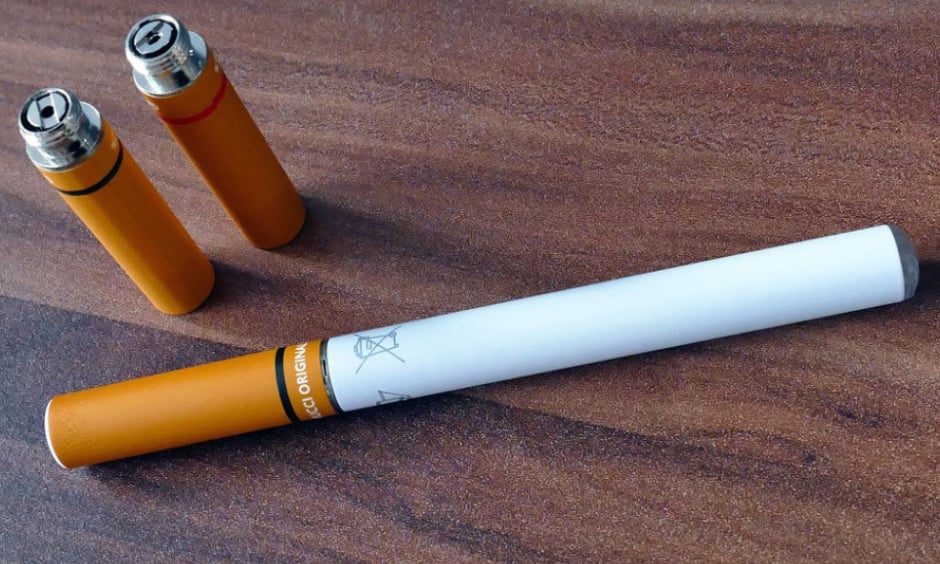One of the latest additions to the panoply of smoking devices is the heat-not-burn (HNB) devices. These are positioned as a hybrid of traditional and electronic cigarettes; they do not heat a liquid but real tobacco, and the tobacco product is only heated, rather than being burnt. The electronic cigarette market is currently booming and is expected to overtake the traditional cigarette market within the next 5 years. With the market-leading HNB device brand, IQOS, already available in 41 countries, it is expected that HNB usage will also increase in the future.
Why is this of importance? Well, although it is often argued that non-traditional smoking devices may be used to help current smokers wean themselves off traditional cigarettes, there is research suggesting that they may also encourage new users. Indeed, it was found that over half of those interested in the IQOS device had never previously smoked.
Whether HNB represent a safer alternative is also called into question by a recent study that compared the impact of IQOS, traditional cigarettes, and electronic cigarettes on human airway epithelial and smooth muscle cells in vitro. The study’s lead author, Dr Sukhwinder Sohal, University of Tasmania, Launceston, Australia, explained the results: “What came out clearly was that the newer products were in no way less toxic to cells than conventional cigarettes or electronic cigarette vaping.”
In light of these results, and other findings, the Chair of the European Respiratory Society’s Tobacco Control Committee, Prof Charlotta Pisinger, critiqued marketing by the tobacco industry that suggested HNB represented a safe alternative to traditional smoking, arguing that current smokers were being misled. She also went on to point out that HNB in fact represented an attractive mechanism by which young people could become addicted to nicotine.
While highlighting the importance of their findings, the authors stressed that there was an urgent need for prospective clinical studies to verify their results and add to the body of evidence on the subject.








